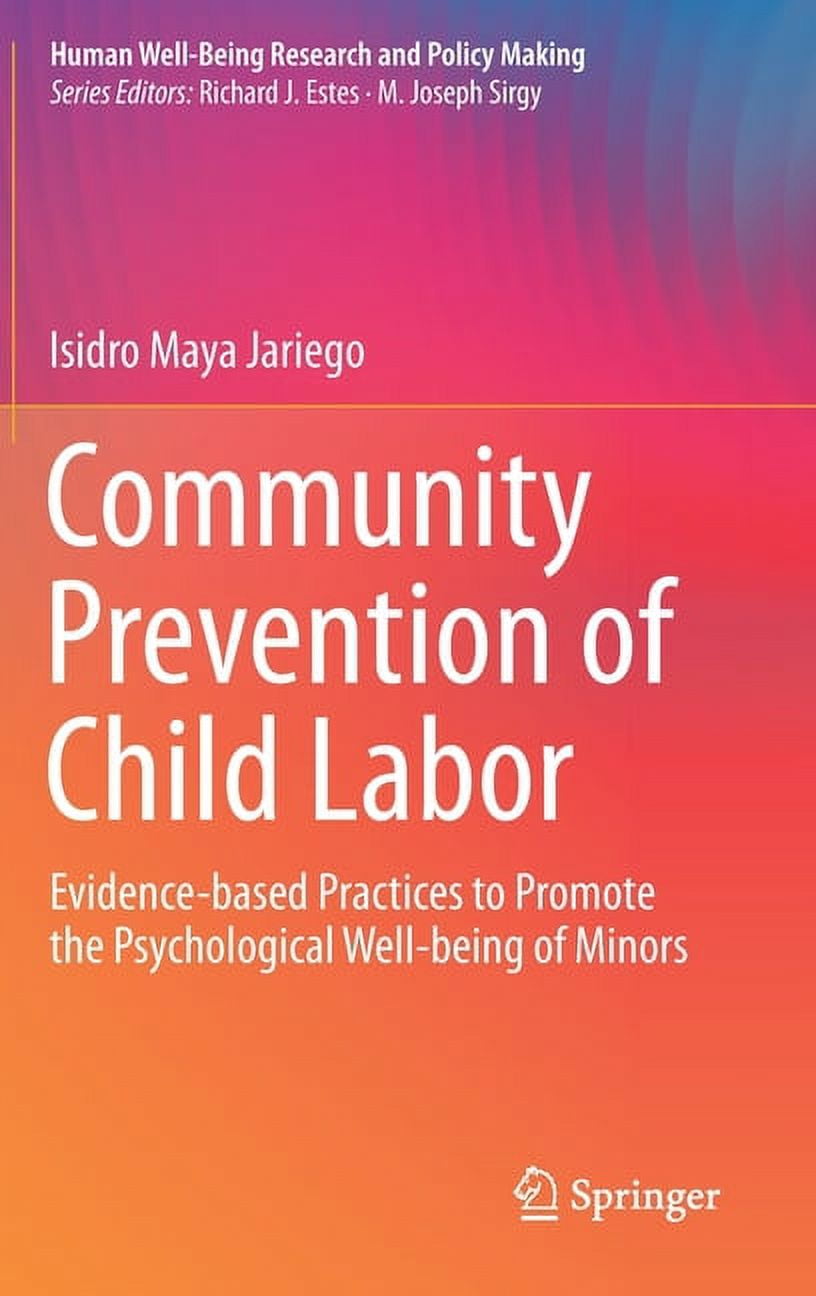
Self Care Tips for Teens Nurturing Your Well-Being
Navigating the Teen Years: Self Care Tips for Well-Being
In the whirlwind of teenage life, self-care often takes a backseat. With the pressures of school, social life, and personal growth, it’s easy for teens to neglect their well-being. However, prioritizing self-care is essential for navigating these formative years with grace and resilience. Here are some practical tips for teens to nurture their well-being and thrive.
Prioritize Mental Health
Amidst the chaos of adolescence, it’s crucial for teens to prioritize their mental health. From academic stress to social pressures, teens face a myriad of challenges that can take a toll on their emotional well-being. Taking time to check in with themselves and prioritize activities that promote mental wellness is key. Whether it’s practicing mindfulness, journaling, or seeking support from trusted adults, teens should make their mental health a priority.
Establish Healthy Habits
Developing healthy habits early in life sets the foundation for a lifetime of well-being. Encourage teens to prioritize nutrition, exercise, and sleep. Fueling their bodies with nutritious foods, engaging in regular physical activity, and ensuring an adequate amount of sleep are essential for overall health and vitality. Encourage them to find activities they enjoy, whether it’s playing a sport, dancing, or going for a hike, to make exercise feel less like a chore and more like a fun part of their daily routine.
Set Boundaries
In a world filled with constant stimulation and connectivity, setting boundaries is crucial for maintaining mental and emotional well-being. Teach teens the importance of saying no to activities or commitments that drain their energy or compromise their values. Whether it’s limiting screen time, setting boundaries with friends or peers, or carving out alone time for self-reflection, establishing boundaries helps teens protect their mental and emotional health.
Practice Self-Compassion
The teenage years can be a time of immense self-doubt and insecurity. Encourage teens to practice self-compassion and kindness towards themselves. Remind them that it’s okay to make mistakes, and that failure is a natural part of growth and learning. Encourage positive self-talk and self-affirmations, and remind them to treat themselves with the same kindness and understanding they would offer to a friend.
Nurture Relationships
Social connections play a significant role in teen well-being. Encourage teens to nurture positive relationships with friends, family, and mentors who uplift and support them. Encourage open communication and honest expression of feelings within these relationships. Remind them that it’s okay to seek help and support when needed, and that they don’t have to navigate life’s challenges alone.
Engage in Activities You Enjoy
Self-care isn’t just about checking off boxes on a to-do list—it’s about prioritizing activities that bring joy and fulfillment. Encourage teens to identify activities they enjoy and make time for them regularly. Whether it’s pursuing a creative hobby, spending time in nature, or simply relaxing with a good book, engaging in activities they love helps teens recharge and rejuvenate.
Practice Mindfulness
Mindfulness is a powerful tool for managing stress and cultivating inner peace. Encourage teens to practice mindfulness through techniques such as deep breathing, meditation, or yoga. Encourage them to be present in the moment, letting go of worries about the past or future. Remind them that mindfulness is a skill that takes practice, and that even a few minutes of mindfulness each day can make a significant difference in their overall well-being.
Seek Help When Needed
Finally, remind teens that it’s okay to ask for help when needed. Whether they’re struggling with mental health issues, academic stress, or personal challenges, there are people and resources available to support them. Encourage them to reach out to trusted adults, such as parents, teachers, or school counselors, if they need guidance or support. Let them know that asking for help is a sign of strength, not weakness, and that they deserve to receive the support they need to thrive.
By prioritizing self-care and nurturing their well-being, teens can navigate the ups and downs of adolescence with resilience and grace. Encourage them to incorporate these tips into their daily lives and remind them that their well-being matters. Read more about self care tips for teens











